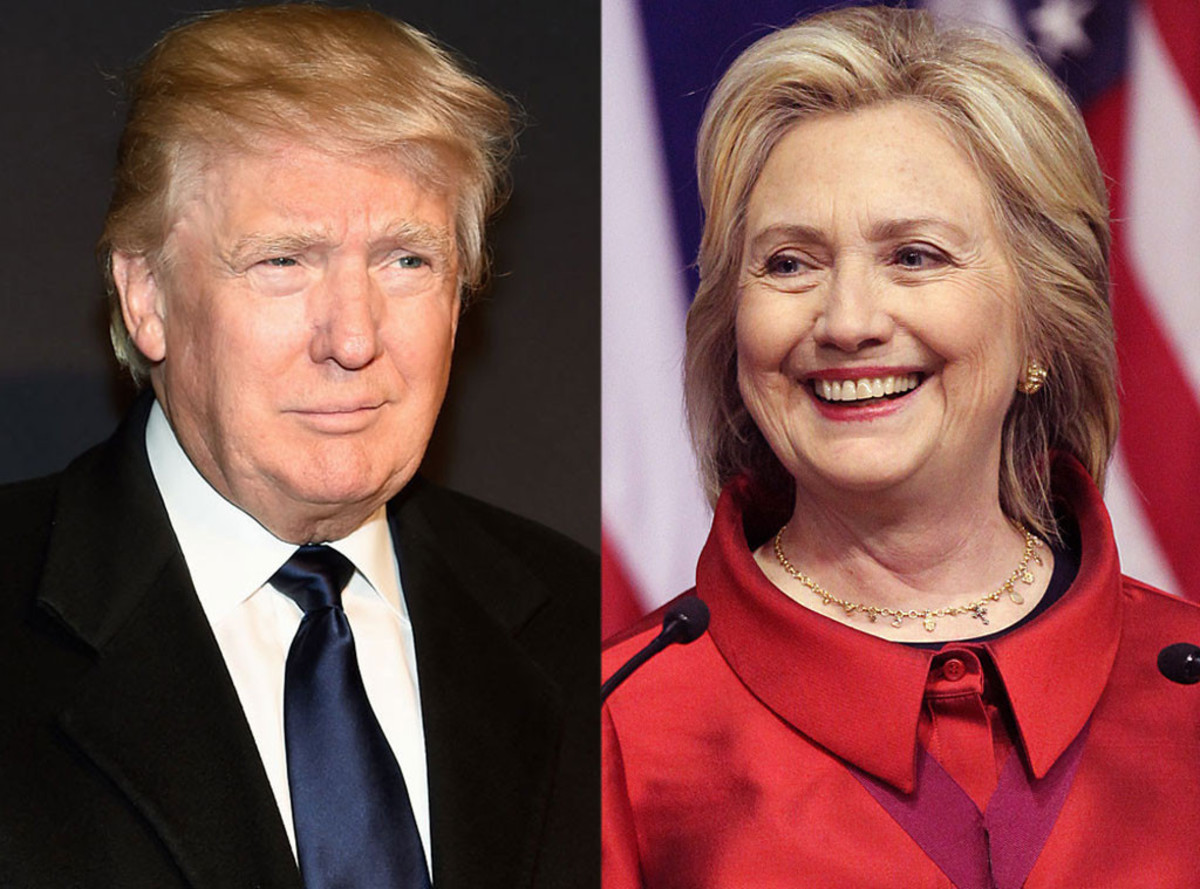The racial implications of a Barack Obama Presidency
Author's Note: An earlier version of this article has been cross-posted to several political websites (see links below), but, as is my usual practice, it was posted first on hubpages. I am including the links below in case some readers want to follow the discussion threads. The article below is an updated version that includes an expanded section on anti-racist activism.
http://www.dailykos.com/story/2008/7/23/11478/0013/663/555638
by Mikhail Lyubansky
This is heresy I know, since most of the white majority likes to pretend that it’s colorblind, but I'm glad that race is part of the national discussion as we move toward the November election. Of course, it was never not going to be part of the equation. And race has been part of the explicit discourse for Black voters in every election to date. But this is the first election that I can personally remember where race and racial issues are part of the discussion among white voters. It's about time! Because regardless of whether or not its ackowledged, race, social construction though it is, continues to play a profound role in people's daily lives.
The election in November will be historic no matter its outcome: For the first time in history, there is a real possibility that “The Man” won’t be White. The implications will likely take years to sort out, but here are some very early thoughts about why the candidate’s race is important enough to influence our vote. Because the implications of a Black President are somewhat different for different identity groups, I break it down accordingly. But, and make no mistake about this, all other things being equal, having a Black President would benefit Americans of every background and ideology -- well almost.
For self-identified racists, I'm afraid little would change. Cognitive dissonance theory suggests that when new information contradicts our deeply held beliefs, we find reason to discount the information, rather than change our beliefs. Thus, for self-identified racists, an Obama victory would be just another sign that our country is in trouble and that its citizens are deluded -- even a possible sign of Armageddon. In some ways, this group will be least affected. I'm just going to move on.
For most of the White majority (the majority of the majority, if you’re keeping score at home), having a person of color in the White House would be nothing short of liberating. After decades of learning about the history of (white) racism, being explicitly and implicitly blamed for contemporary racial inequities in education, income, and other important outcomes, and, more generally, living in fear of the R-word, well-intentioned White Americans would finally have a ready response: The most powerful person in the country – “The Man” – is Black (I know "biracial", but "black" is how most people see him). How do you like them apples?
Personal relief from guilt and shame is really not a good enough reason to consider race in electoral politics, but I’m talking about collective and institutional relief too. A Black President doesn’t solve all of our racial problems. Not even close! But it is a litmus test of sorts. It means American society is ready for a non-White President. This is liberating.
For many poor Whites (I don't mean to suggest that all or even most White people think this way, but many do) a Black President would shatter the myth of superiority – the belief that they rate higher on some imaginary social hierarchy than people of color on the basis of their whiteness. Throughout America’s history, poor white people could take comfort in the knowledge that their President, like them, was White, and by virtue of his Whiteness, could understand them and relate to them, despite the usually formidable differences in income and wealth. With Obama in the White House, poor Whites would join the rest of the disenfranchised poor in believing that their President doesn’t understand them, can’t relate to them, and, for the skeptically inclined, doesn’t care about them. I’m not saying Obama wouldn’t understand, relate, or care. To the contrary, I believe he’d do all three better than most of his predecessors. But this would be the common perception among the White poor. Think Kanye West in reverse.
How is this good? Because it would shake up the traditional race-based alliances. Poor whites have typically supported a conservative agenda (and, by extension, conservative politicians) under the mistaken belief that they have something in common with the White elite and that this White elite is concerned about their well-being. In contrast poor Blacks have tended to be skeptical and distrustful of White leadership – a fact not lost on the white majority. A Black President would challenge both world-views. The result may well be a more reality-based and class-based (rather than race-based) division of attitudes. Not exactly a utopia, but for anyone who wants to live in a society in which race matters less, this would be progress.
For the Black working class, Obama, like any person in power, would bring disappointment, but he’d also bring real hope. For some, he would also bring back the American Dream, the belief that anyone has a shot at the good life, and that hard work raises the probability. In many Black families, this Dream has long been abandoned, replaced by the hopeless belief that the world cares little about people like them and that the white majority wants nothing more than to keep them in their place. Never mind whether or not this has been true up to now, President Obama would be viable proof that White Americans are able to see beyond race and willing to be represented and led by a person of color. And then there is this: For the first time, we would have a President who actually knows what it’s like to be Black in America. Bill Clinton was supposed to be our first Black President, and he did indeed seem like he was more comfortable around Black people than any previous occupant of the Oval Office, but Obama is the real McCoy. Like Clinton, he too will at some point sign legislation that will disappoint some working-class Black Americans. That’s how politics work, no matter who is in office. But if you believe the American Indian adage that one should never judge (or criticize) another until one walks a mile in his moccasins, then Obama would be the first President to be able to both truly empathize and relate to African Americans and, at the same time, have the moral authority to stake out a position that is not obviously pro-Black. On the surface, this may not seem like something that would be in the best interest of the Black working-class, but I suggest otherwise. A combination of empathy and political freedom offers unprecedented opportunity for real social change. I’m honestly not sure what it will look like, but for the first time, I have hope that it’s possible.
For anti-racism activists, hope and disappointment are also likely, but so is ambivalence and at least a bit of confusion. An Obama victory won’t signal the end of racism, but it will signal something. Social policies, including affirmative action, can only be evaluated within a specific social context. An Obama victory would substantially alter this context. What does it mean to argue that members of a particular racial group are disadvantaged or disenfranchised, when a member of that same group holds the most powerful office in the country? To be sure, statistics documenting significant race-group differences in education, income, and incarceration rates would not be noticeably different under Obama (at least not at first), nor would the educational and criminal justice institutions. But a Black person in power has to change something. Indeed, Obama's nomination alone has altered the landscape such that racial justice, racial prejudice, and even racial privilege are being discussed in circles that have usually not bothered. As just one case in point: On the politically progressive Opednews, Tim Wise's article on white privilege has sat on top of the most viewed list since it was posted 10 days ago and is already the most viewed article on the site for the past year. Never mind that there are plenty of skeptics and critics. That this discussion exists at all on a mainstream political website is progress indeed. I can’t wait to see how it all continues to shake out.








